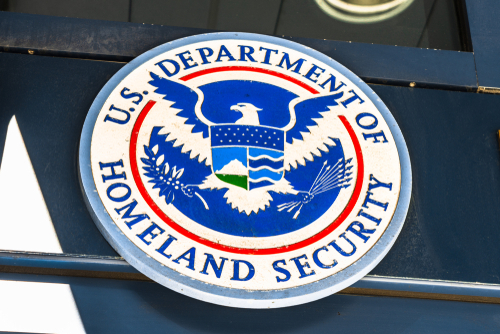
A new road for how the U.S. Department of Homeland Security (DHS) interacts with Tribal nations may be in store, following the first in-person meeting of the Tribal Homeland Security Advisory Council (THSAC) and Tribal leaders’ recommendations on policies and practices that affect their communities.
The council, across a series of subcommittees, met to discuss challenges faced by Tribal nations within the United States, from grants to cyber resilience and the ongoing crisis of missing and murdered indigenous people. In all, three subcommittees put forward their ideas for the future with DHS.
The Subcommittee on Accessibility to DHS grants suggested DHS improve access to grant programs through creation of more accessible grant and application processes, more flexibility for applicants and an improved consultation process with Tribes. Additional ideas would require Congressional action, however. Separately, the Subcommittee on Cybersecurity urged improved accessibility to cybersecurity resources, filling a lack of cybersecurity professionals among Tribal nations and offering equity assessments for rural regions.
It was the Subcommittee on Addressing the Crisis of Missing and Murdered Indigenous People (MMIP) that had the largest task before it, however. Federal agencies were tasked under President Joe Biden’s Executive Order 14053 with efforts to combat the crisis of MMIP. Now, Tribal leaders used the moment to push for creation of a secure, centralized, up-to-date Tribal Nation Platform for data collection and networking, and to pull all victim and survivors services into a single platform for improved resource access.
Currently, that subcommittee noted, no centralized data collection point exists for those cases, reducing the quality, timeliness and success of tracking MMIP cases – nor is there efficient information sharing between state, local, territorial and Tribal law enforcement.
These recommendations were the final results of THSAC’s first in-person meeting since it formed on Sept. 7, 2022.




